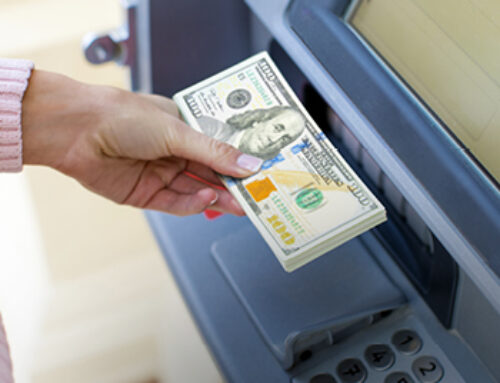On August 17, 2021, the Lebanese Central Bank (the “BDL”) issued basic circular number 159 (basic decision No: 13353) (the “Circular”) that imposes restrictions and reporting requirements on banks operating in Lebanon, with regard to some foreign exchange operations.
Since the beginning of the financial crisis in Lebanon and the decline of the Lebanese Pound (“LBP“) versus the United States Dollar, there have been speculations around banks buying “fresh”[1] Dollars from their clients or from the parallel market in exchange of LBP or Lollars[2].
The Circular prohibits banks operating in Lebanon from:
1. Accounting funds received by their clients in foreign currency (in cash or via international wire transfer) in any way whatsoever more than their initial (nominal) value. This means that banks may no longer convert Fresh Dollars into Lollars using traditional multipliers representing the LBP/USD foreign exchange rate.
Exception: if the client wishes to fully settle a debt that is already due, provided the banking control commission (the “BCC”) is notified thereof.
2. Buying foreign currencies from the parallel market.
Exception: the banks may buy foreign currencies from the funds wired to their clients from abroad on the current market rate, only:
- For mid and long-term investment purposes;
- In order to improve their foreign currency liquidity ratios; or
- to pay liabilities due outside Lebanon.
All these operations should be recorded on the Sayrafa platform.
3. Directly or indirectly buying or selling checks and bank accounts in foreign currency for their own account.
Accordingly, banks may not longer buy or sell checks (whether in Lollars or LBP) in exchange of Fresh Dollars, or cash LBP. Does this mean that banks have been involved in such transactions prior to the issuance of this Circular? It is worth noting here that in practice, most banks do not allow their clients- or at least make it very difficult for them- to buy or sell checks for compliance reasons.
The Circular concludes by requiring the banks to disclose to the banking control commission (BCC), before 15/09/2021, all of the transactions referred to in this circular carried out between 2019 and the date of the Circular. This will shed some light on the practices carried out by the banks during the past two years in relation to their liquidity and foreign currency reserves, their interactions with the parallel market and their influence thereon.
While this Circular appears to impose prohibitions on banks in relation to certain (controversial) transactions, we believe that in reality it is an a contrario legitimation or validation of such transactions, but within some boundaries.
Source: www.bdl.gov.lb
____________
[1] “Fresh” Dollars refers to amounts denominated in United States Dollars in the Lebanese Banking system that are either in cash (banknotes) or received via international wire transfer after October 17, 2019. Till date, these amounts are not subject to any transfer or withdrawal restrictions.
[2] The term “Lollar” was first used by Lebanese Economist Dan Azzi, and refers to a unit of currency used to designate sums of money deposited with Lebanese banks, theoretically denominated in United States Dollars but restricted from cash withdrawal or international wire transfer outside the Lebanese banking system because of a de-facto capital control imposed by Lebanese banks and/or any other reason beyond the control of Lebanese depositors, as the case may be from time to time.




